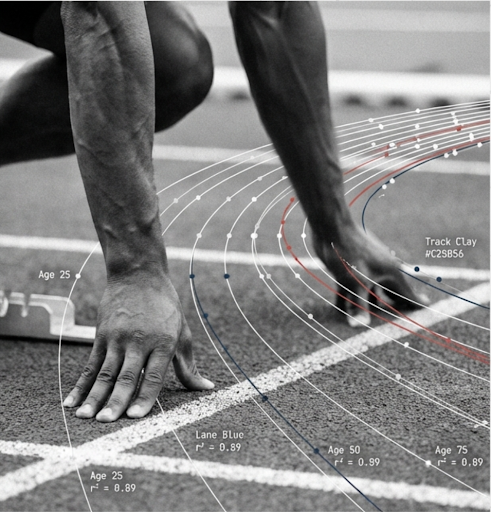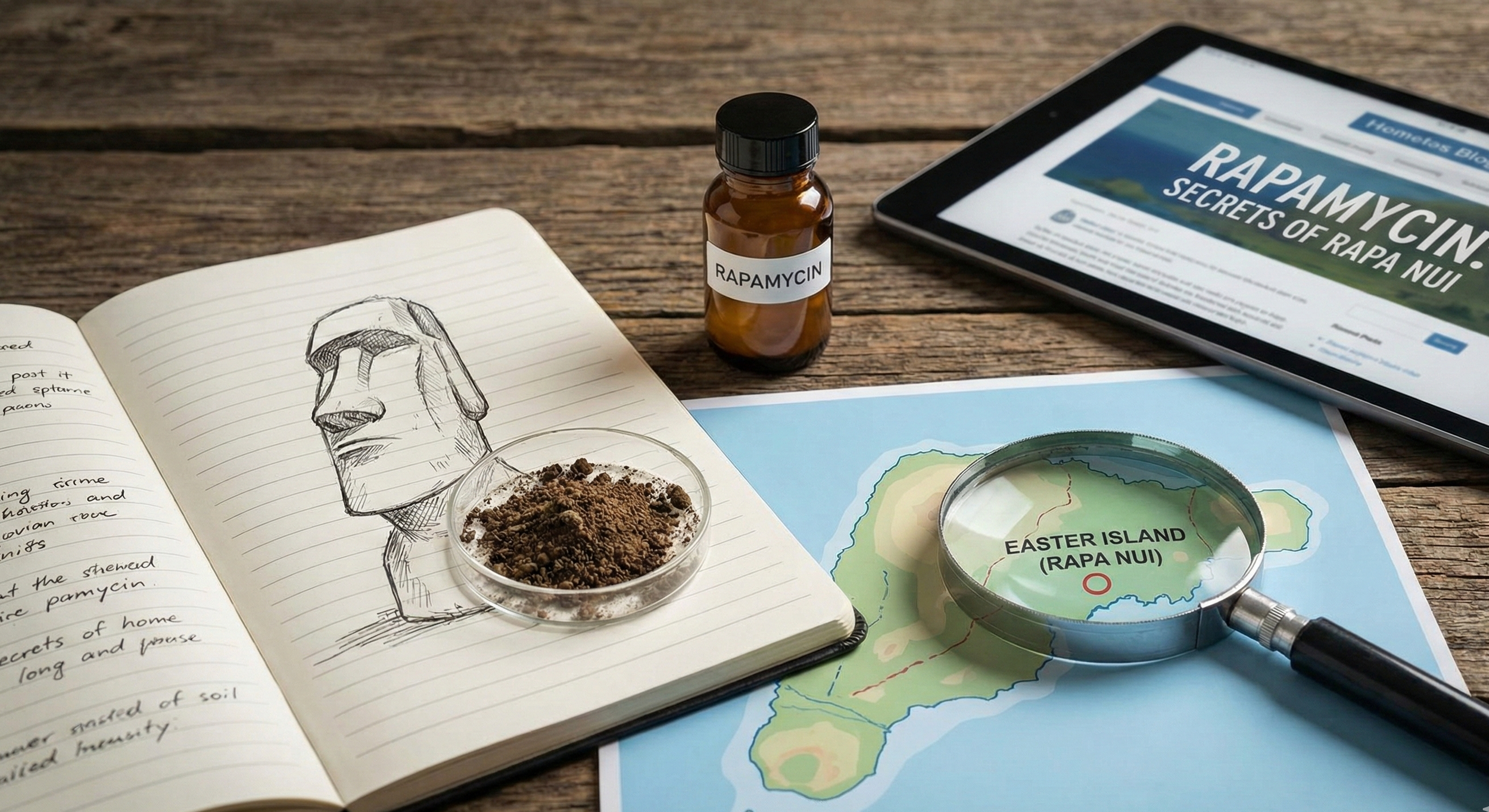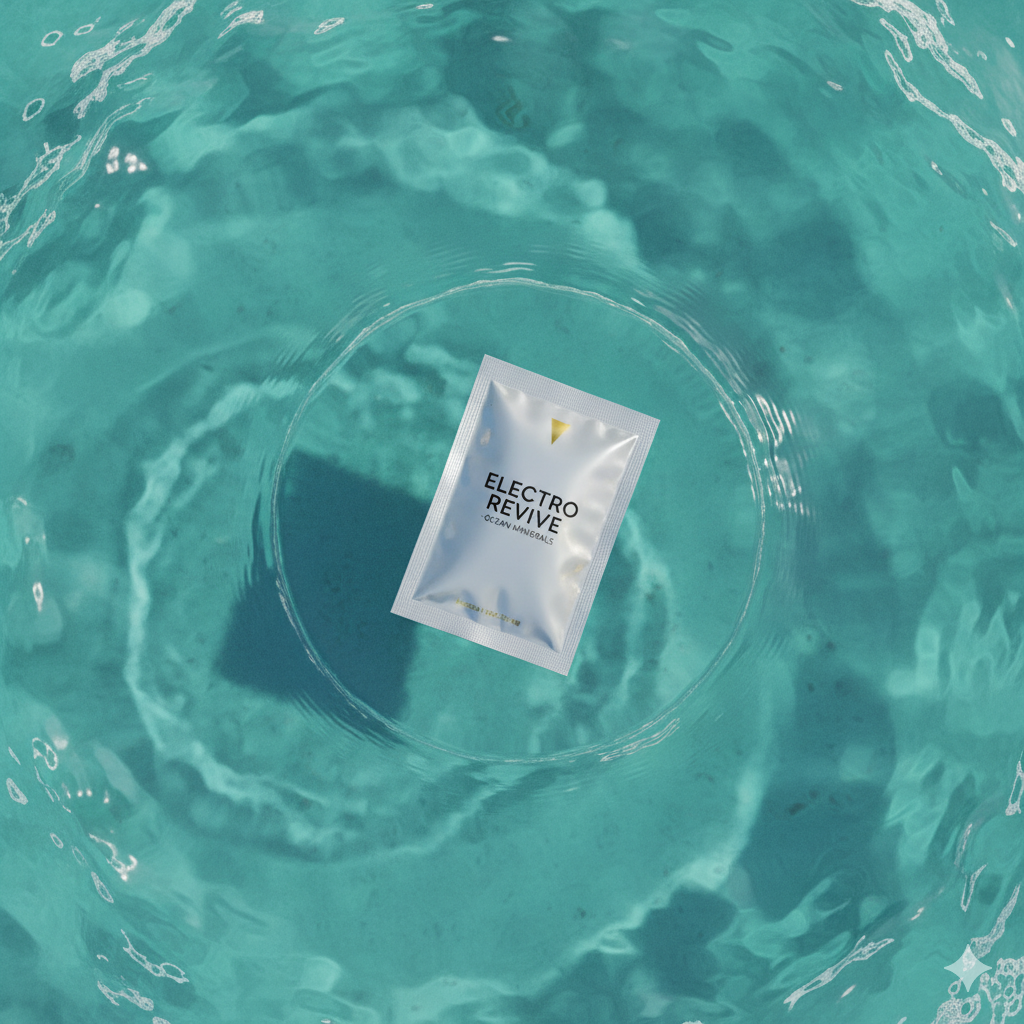
Deep insights. Simply put
Carefully curated. Deeply researched. Free of ads and shackles.
There are brilliant content producers with the finger on the pulse. So we won’t regurgitate the news just to keep up with the crowd, except if the news needs an urgent second opinion. And this is not a rarity. We take our time to see through commercial biases, and noodle on the nuances behind the headlines. Always in an easily digestible form. An individual human may be pear-shaped but is never bell-shaped - meaning, statistical evidence for whole populations may not fit well with you if you’re an edge case or working in extremes. Like many of our patients. While on the programme or alumni membership we’ll take the topics you ask us about and tailor what it means to those like you. And while we use AI tools to help us search and type faster, rest assured, we don’t rely on anyone except the experts.
-
We geek out on:-
Preventive & therapeutic medicine
Leadership & relationships
Health-span research
Human Performance Science
Nutrition and 'Notrition' (fasting) and Nootrition (cognitive enhancement)
Sleep, Jetlag and circadian biology
Fitness & Physique
All things Psyche...
-
,,,,
-
…

The Race Against Time
There is a pervasive story in medicine that physical decline is a straight line starting at age 30. We are told that every year, you get a little slower, a little weaker, and a little less capable.
For the sedentary population, that story is true. For those maintaining a high level of training in their routines, we can blunt this trajectory.
When we look closely at the data on masters athletes who maintain their training volume, the performance trajectory does not look like a slippery slope from 30…

The Shingles Bell
Shingles vaccination is a well-established way to reduce the risk and severity of shingles (Herpes zoster) and its often debilitating complications. In the last few years, multiple large population studies - now including “natural experiment” / quasi-randomised designs - have also reported a consistent association between shingles vaccination and a lower subsequent risk of dementia. Some of the strongest evidence suggests the effect may be greater in women.
These findings do not yet prove that shingles vaccines prevent Alzheimer’s disease (or dementia) directly, nor do they define the ideal timing for vaccination purely for neuroprotection. But the signal is now strong enough to justify a practical, evidence-aligned conclusion…

Can You Train Your Brain to Boost Vaccine Response?
When mind meets immunity: why this matters
Missing a competition or event because of flu, feeling run down or watching your metrics dip after a jab, is a frustration many of us know well. We often treat the immune system as something we cannot consciously train, but recent studies hint that the way we think and feel could influence vaccine responses [1]. Imagine harnessing your mind to prime your body before the next vaccination. Yet the evidence is still young and nuanced. Before you start conjuring positivity at will, let’s unpack what one of the first human trials and the wider literature really show.

The APOE gene: how one genetic variant might shape Alzheimer’s risk
If you’re focused on thriving into your 7th or 8th decade, few scenarios are more unsettling than the thought of gradually losing your memory. Dementia robs people of their independence and quality of life, but the impact extends far beyond that of us as individuals. It is heartbreaking for friends and family too. In the UK alone, more than half a million people live with Alzheimer’s disease, and treatments offer only modest slowing of decline.

Rapid amyloid clearance in hours: what this 2025 mouse study shows us
Could the fastest way to treat Alzheimer’s disease be not to attack plaques in the brain, but to restore the brain’s clearance plumbing?
Alzheimer’s disease has long been one of medicine’s most stubborn challenges. For decades, scientists have approached this battle on two fronts: stopping the buildup of amyloid plaques in the brain, and getting drugs past the brain’s ultra-strict protective barrier, the Blood-Brain Barrier (BBB).
A recent 2025 paper in Signal Transduction and Targeted Therapy reported a striking finding in an Alzheimer’s mouse model: using nanotechnology, they were able to half brain amyloid within 2 hours, and importantly, restored spatial learning and memory in the mice, comparable to their normal peers.

Why Exercise "Intensity" Matters More Than We Thought
A new 2025 study challenges the old rules of exercise, suggesting that 1 minute of vigorous activity could be worth up to 9 minutes of moderate effort for your health[1]. Here is how to balance this new information with exercise training zones.

How to enjoy the holidays without carrying it on your waistline
What actually happens to weight over the holiday period?
Most people overestimate the damage of a few additional treats over the holidays.
Across different countries, average holiday weight gain is only about 0.4-0.9 kg. But a significant part of that gain is often not lost in the following months, which means it can accumulate over years; that is why this period matters for long term weight creep

Rapamycin: does the evidence add up?
Rapamycin has moved from transplant medicine into one of the most talked about longevity molecules. Headlines now report it can extend life “as well as” calorie restriction.
The question is not whether rapamycin is interesting. It is.
The real question is whether a healthy, high functioning individuals should be adding it to their routine stack, outside a well-conducted trial.
We run through what the newest human and animal data actually show, where the gaps are, and how we should think about rapamycin in the context of a rational longevity strategy.

Melatonin and Heart Failure: Unpacking the Hype and the Evidence
A recent headline, ‘melatonin linked to heart failure death’, has caused some concern in the media. When news like this comes out, the immediate reaction is often alarm but what it should do is trigger us to pause and think what is really going on. For those of us in health, it's crucial to recognise that the difference between a new statistical signal and a confirmed biological cause is substantial.

Leaders in Health 2025: Making Medicine Personal Again
Leaders in Health 2025: Making medicine personal again

Elamipretide the Mitochondrial Peptide
Mitochondrial health is a cornerstone of performance, energy, and longevity, yet for years, our approach to it has been mostly reactive. That might be changing. Elamipretide (Forzinity) is the first therapy to move beyond symptom management and step inside the cell's power stations to attempt structural repair. Approved for the ultra-rare Barth syndrome, this pioneering mitochondrial peptide signals a major conceptual shift: that the energy machinery of our cells may not be an inevitable victim of aging, but a modifiable system ready for sophisticated intervention. Dr Andrew Crockett looks at how it works, what the science says, and what this development means for the future of healthspan.

The Invisible Risk: How Air Pollution is Quietly Driving High Blood Pressure
High blood pressure affects roughly one in three adults globally, yet we rarely think about the role the air we breathe in terms of our cardiovascular health.
A recent meta-analysis (review and analysis of all published papers on a topic) of 28 studies and over 42 million participants highlights that chronic exposure to fine particulate matter (PM2.5) significantly raises the risk of developing hypertension, even in otherwise healthy populations.
These findings matter because hypertension is both a silent risk and a multiplier: it compounds the impact of stress, poor sleep, suboptimal nutrition, sedentary behaviour, etc. all of which are sometimes inevitable consequences of our working life.

Salt, Sweat, and Smart Hydration
Staying hydrated sounds simple, until you try to perform at your best in real-world heat. Too little fluid and you overheat; too much and you dilute your body’s chemistry. The truth is, hydration isn’t just about water - it’s about timing, composition, and context. This week Dr Andrew breaks down the science behind fluid balance, salt, and performance, cutting through the marketing noise with clear, evidence-based strategies that work in the lab and on the trail.

Kicking-ass into your 90s…optimising for future muscle function
Optimal muscle function is one of the most critical components of enabling individuals to be “kicking-ass into their 9th decade”, as my friend and colleague Dr Jack Kreindler would say. By midlife, we start to lose muscle mass (around 3–5% per decade after age 30 on average), but the good news is that proper exercise and nutrition can significantly slow or even reverse this trend.

Longevity, Legacy, and the Pursuit of a Meaningful life
This week, Dr Jack reflects on the intersection of longevity, legacy, and the pursuit of a meaningful life. Exploring the difference between the statistically improbable quest for immortality and the certain, everyday opportunities for connection and impact, he believes that true flourishing comes not from obsessing over a perfect, long life, but from embracing the messy, beautiful, and sometimes unpredictable moments that truly matter.

Creatine for female health: Don’t fall into the trap of thinking it’s just for elite athletes
Once seen as a supplement exclusively for male bodybuilders, creatine is so much more than a tool for athletic performance. The latest research is revealing its powerful benefits for a much broader audience, especially women. From boosting brain health and mood to strengthening bones and muscles, creatine offers a wide range of benefits that can support a healthy, high-performing life. Dr Ran Crooke looks at the science behind creatine and explores why it's a game-changer for women at every stage of life.

What is suPAR? An Emerging Biomarker in the Longevity Landscape
In health, leadership and performance it isn’t just about sprints of effort, it’s about how well you recover, adapt, and sustain momentum over years of pressure. Most blood tests only show quick snapshots of your health, missing the slow build-up of stress and wear that really drives performance over time. SuPAR is a repurposed biomarker that acts more like a dashboard for your resilience, capturing the long arc of inflammation and recovery.
This week, Dr Andrew discusses what suPAR is and how it could reshape the way we track health and performance.

The NAD+ Puzzle: Why Lifestyle Still Trumps Supplements
The longevity industry is mesmerised with NAD+. We see IV drips and expensive supplements everywhere.
But what if the key to cellular energy, resilience, and peak performance isn't in a bottle, but in your daily habits?
This week, Dr Andrew breaks down the science of NAD+ and reveals why lifestyle surpasses supplements every time.

Autonomic Balance: A Mediterranean Prescription for a Healthier Heart
Feeling that post-holiday slump? You're not alone.
As the pace of work accelerates again, the calm you found on holiday can feel like a distant memory. But what if that feeling wasn't just a mood, but a measurable state of your nervous system?
Dr Andrew explores the science behind autonomic balance, revealing how simple lifestyle shifts - inspired by the world's longest-living communities - can help you hardwire resilience and peak performance into your daily life, long after the suitcase is unpacked.

Beyond Optimisation: How Extreme Environments Build Ultimate Resilience
For a generation of trailblazers optimised to the minute, tracking every biomarker from glucose to HRV, a question emerges: what happens when the data runs out? While optimising physiology is crucial, the unquantifiable resilience needed to navigate true uncertainty is forged, not measured. For this, we must look beyond the dashboard and into the extremes of nature.

